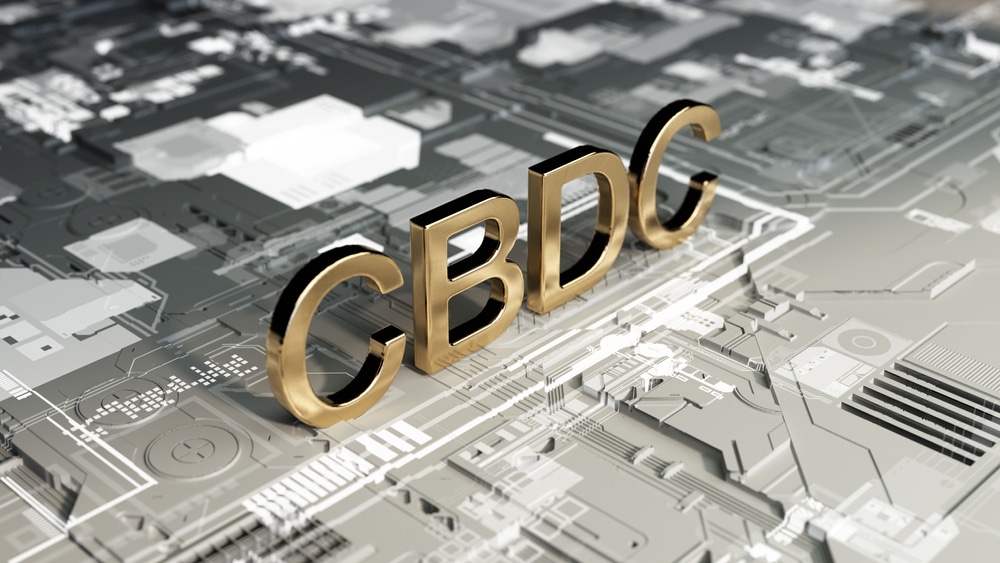Indian CBDC
It has been a while since when Reserve Bank of India (RBI) (i.e. Indian central bank) proposed the digitalization of the Indian Rupee.
The project pertaining to Digital Rupee i.e. central bank digital currency (CBDC) is, therefore, an ongoing project under development.
In order to ensure that Indian CBDC gets a boosted kick-off, the Government of India has already limited its crypto industry.
Furthermore, crypto taxation has been introduced in the country in which a 30% tax levy has been imposed upon gains derived from crypto.
Why India Needed A ‘Digital Rupee’?
T. Rabi Shankar, who is the Deputy Governor of RBI, was attending an event hosted by the local association of financial institutions called IBA.
At the occasion, Shankar shed some light on the development of Indian CBDC. He said that RBI and the Indian Government had been monitoring the evolution taking place in the digital currency industry.
He said that they have realized that crypto has the potential of exposing the economy, investors, and systems to grave risks. He pointed out further that digital currencies have taught them that they could also provide immense benefits.
Shankar then suggested that for ensuring India moves side by side with the rest of the world, they needed a digital currency.
Digital Rupee Is As Good As Bitcoin
Shankar also talked about the privately issued decentralized currencies. He stated that there are associated risks when using digital currencies like Bitcoin and Ethereum.
However, he said that the Indian Digital Rupee would be as good as any cryptocurrency, including Bitcoin. He claimed that special products will be launched in which Digital Rupee will be used without any fears of risks.
Shankar suggested that aimed with the object of avoiding risks, they are pursuing the experimentation process of the Indian CBDC.
Pilot Testing In Process
It may be noted that Digital Rupee has already accomplished phase 1 of the project as the development of Indian CBDC is complete.
The project is undergoing phase 2 i.e. pilot testing which had been initiated on 1st November 2022 by RBI as a ‘wholesale CBDC pilot’. In that test, RBI wanted to collect feedback on government bonds traded against Digital Rupee.
Currently, the second test of phase 2 is in a process which has been commenced on 1st December 2022.
RBI has taken on board at least eight local banks for carrying out an experiment of the ‘retail digital rupee’. The tests shall be carried out in 13 major metropolitan cities in India.
According to RBI, it would soon be expanding its test 1 of phase 2 so as to explore additional use cases of the Digital Rupee. Within this test, even the traditional market instruments/assets shall be traded against Digital Rupee.
RBI’s Deputy Governor suggested that the objective behind pilot testing is to ensure that Digital Rupee is interacting with the traditional systems efficiently.
He emphasized that the pilot testing will enable RBI to realize what kind of technology they would require for the infrastructure.
Game Changer
Shankar explained that RBI has plenty of options to consider with regard to the distribution of the Digital Rupee. He claimed that two of the options that could be considered are the issuance of tokenized bonds plus smart contracts.
He added that Digital Rupee would be a game-changing initiative for India if it could later be used for the settlement of foreign transactions.
He stated that foreign transactions are not free from inefficiencies but a CBDC is capable of getting rid of them.
India is among the countries that are on the fast track of technological advancements. They are determined to ensure that they are able to compete with their rivals such as China in the race for CBDC.
They want to gain prominence in the Asian region, emerging as one of the strongest countries against China. For this purpose, India is hasting to become one of the countries with a fully circulating digital INR.

